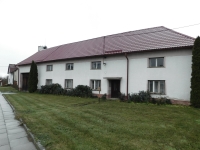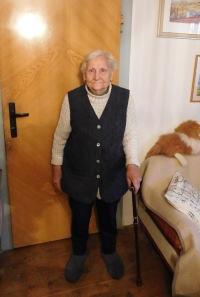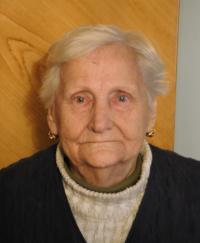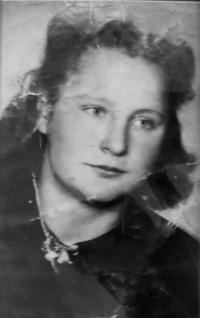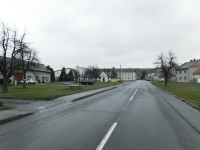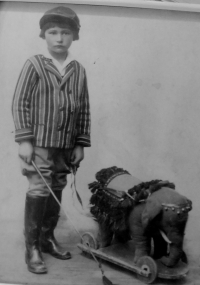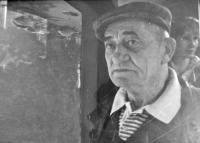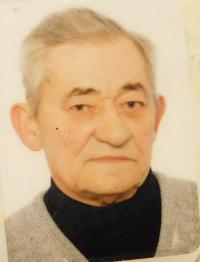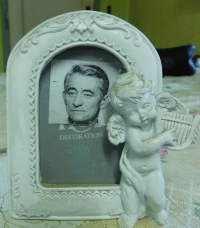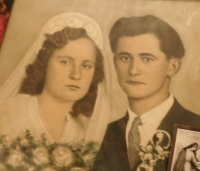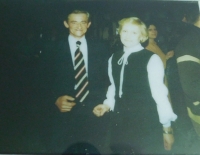I spent my nights shaking, waiting for them to come for me and sentence me for twenty years
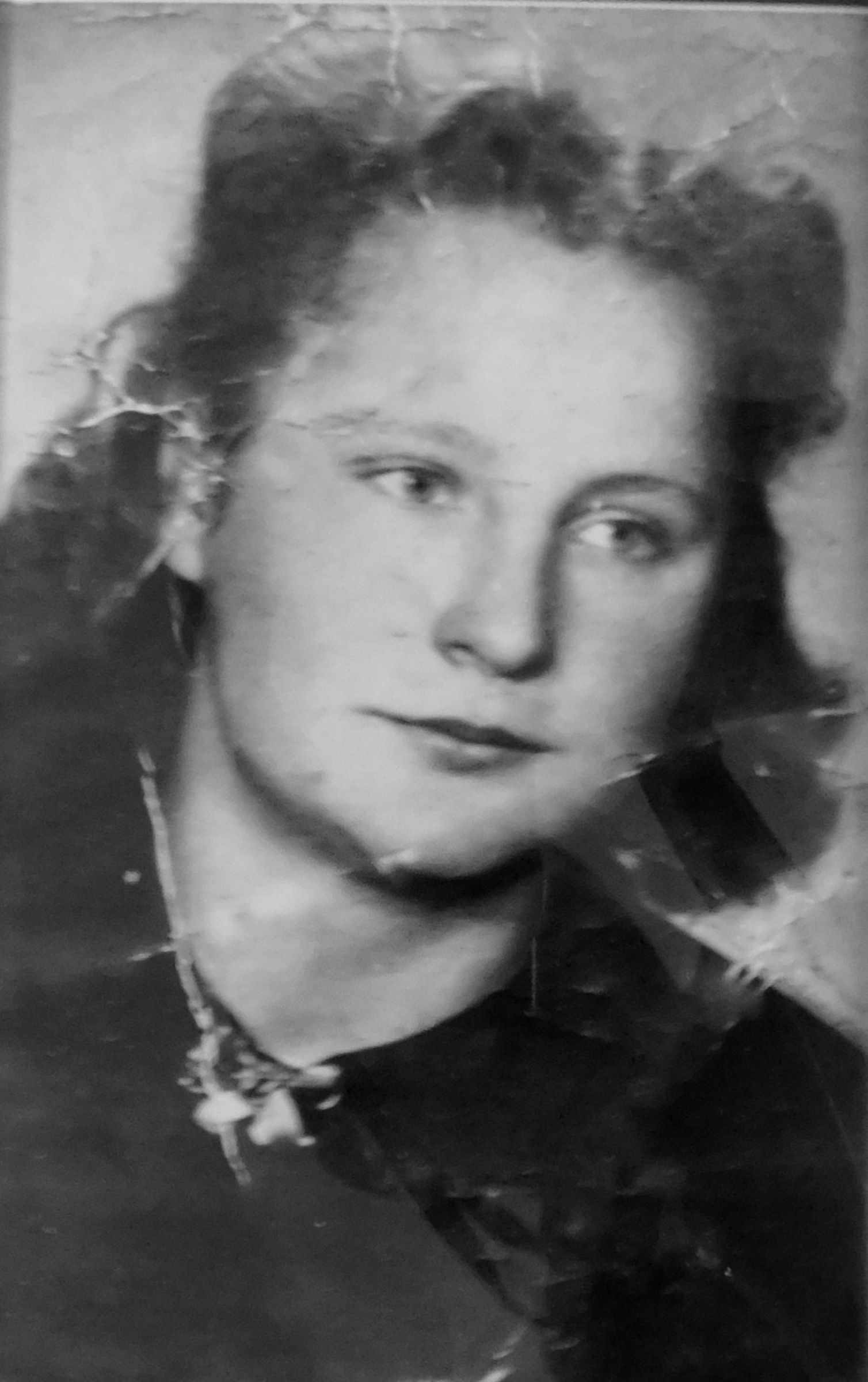
Download image
Ludmila Kotlabová né Navrátilová was born on January 8th of 1932 in the village of Kobeřice in the Prostějov Region. As a child, she witnessed the last days of the World War II in Kobeřice. For eight days, her family had been hiding in the cellar while fierce fighting took place in the surroundings, claiming many lives and also severely damaging the house. In 1949, Ludmila married Miroslav Kotlaba and moved with him to his family farm in village of Tovéř. In July 1951, she found Miroslav Štedrý, an exhausted political prisoner on the run, in the attic of the farmhouse. Despite the atmosphere of fear and series of arrests being made, Ludmila and her husband sheltered the fugitive for several days. Though Miroslav Štědrý had been apprehended later, he didn´t give away the people who protected him, and Ludmila Kotlabová didn´t speak about her brave deed for decades. She shared her story after the collapse of the communist regime as she was sure that she wouldn´t face punishment. During the collectivisation, Katolabas refuse to merge their farm with the newly established Collective Farm. They were forced to meet extreme produce out-put quota, they were banned from using their pastures and in the end, they had to hand over all their cattle. As they could no longer sustain themselves, they found no other option than to join the Collective Farm, which they did in 1953. After that, Ludmila Kotlabová had been working at the Collective Farm until her retirement. In 2018, she was still a resident of the village of Tovéř.
